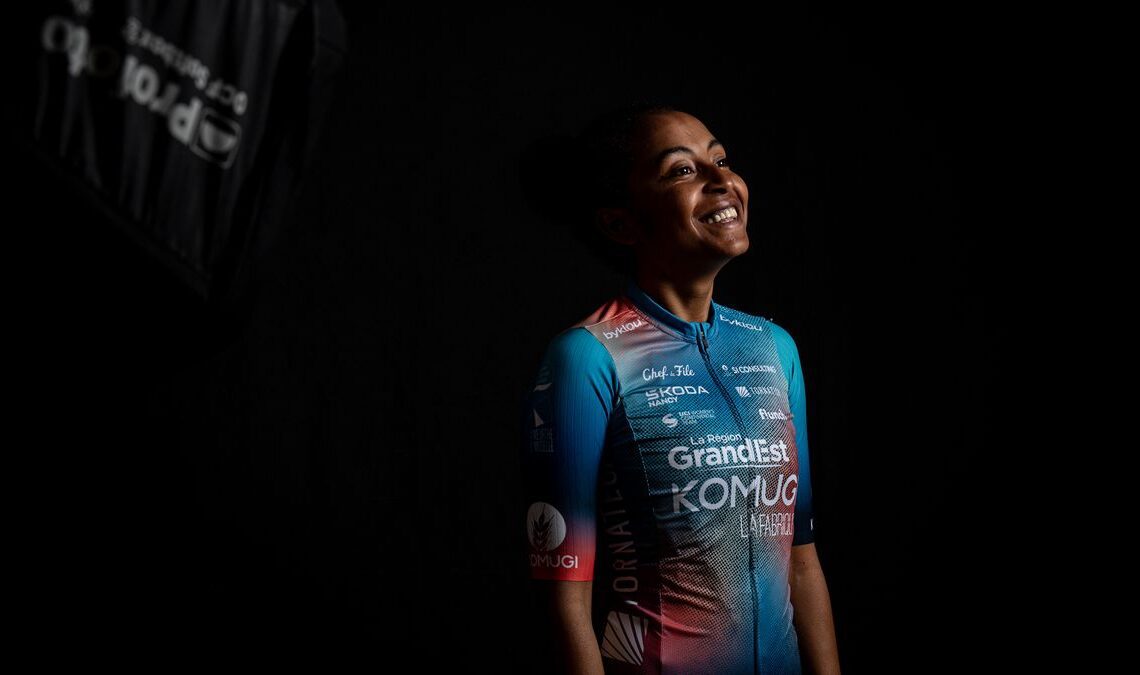Being picked for a World Championships can be the accomplishment of a lifelong dream for athletes from smaller and less-resourced countries. For Eyeru Tesfoam Gebru, selection for the 2021 Worlds was life-changing, a sliding doors moment that has altered the trajectory of her entire life.
Ethiopia, her nation, was in the grip of a brutal civil war: the federal government, backed by Eritrea, was at conflict with the Tigray region, the country’s cycling heartland. Gebru, a proud Tigrayan, had lived through nine months of hell. Family and friends had died at the hands of their own government; their culture, their way of living, and their future was being oppressed through horrific acts of genocide.
Gebru wanted – needed – to escape. She had a route out: her bike, more specifically, by being selected to represent Ethiopia at the World Championships in Belgium. It was her only chance.
She arrived in France in August 2021, just over a month out from what was going to be her fourth appearance at the World Championships. But despite being on the provisional startlist for both the time trial and road race, Gebru, 23 at the time, wasn’t in Flanders when the racing began; she instead went missing. To where, she will not reveal.
“I didn’t want to represent my country because it would have been supporting the genocide of my people,” she says firmly.
Over the following four months, Gebru lived a nightmare, hellish memories she does not want to revisit in detail. “I don’t want to talk about everything. It was really hard. Horrible.”
Four months later, she turned up in Nice, France, and several months later, eventually resumed her cycling career. This is her astonishing, desperately sad journey from being trapped in a war zone to being an asylum seeker racing some of cycling’s biggest races.
Chasing dreams
Tigray, a region of more than five million people pre-war, is pressed up in the northwest corner of Ethiopia, surrounded by Sudan to the west and Eritrea to the north. It’s a semi-arid land of mountains, high plateaus and roasting hot summer temperatures.
It has, largely owing to the wider region’s previous Italian colonisation, been Africa’s cycling hotspot for decades. Gebru was born and grew up in the historic city of Aksum, 150km northwest of the region’s capital, Mek’ele. She was an only child and lived with her mother (Gerbu has…
Click Here to Read the Full Original Article at CyclingNews RSS Feed…

